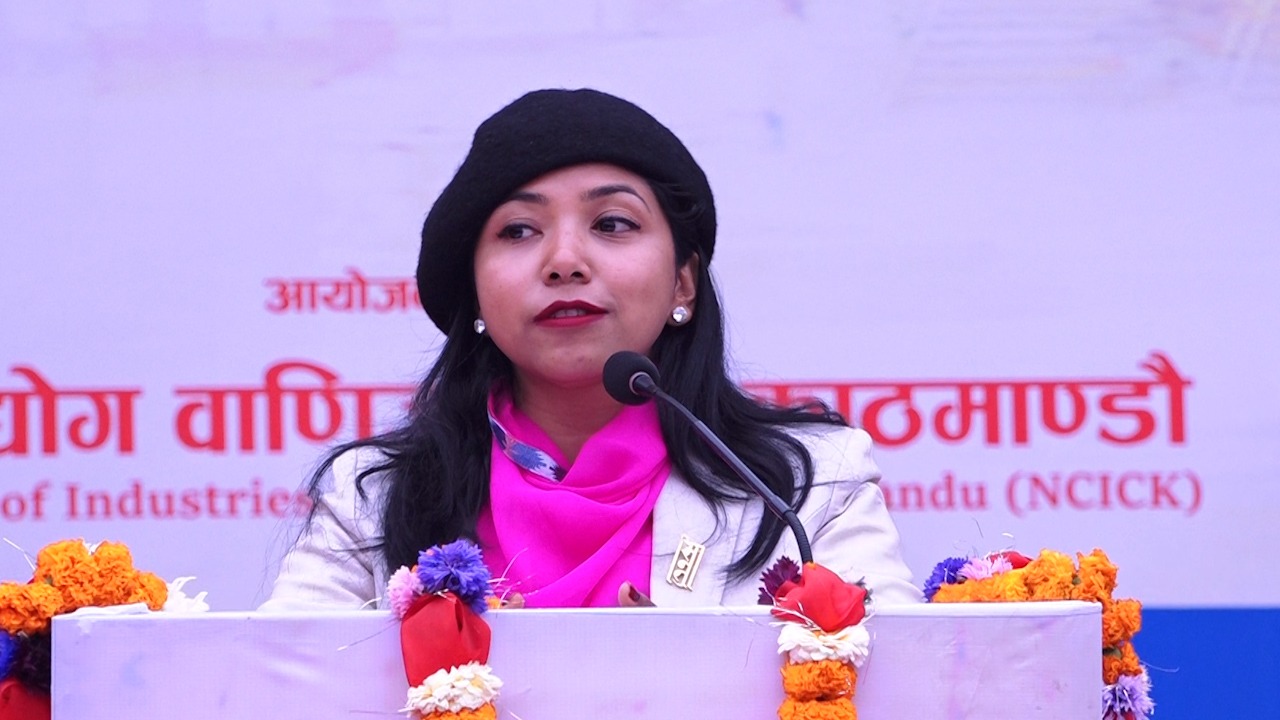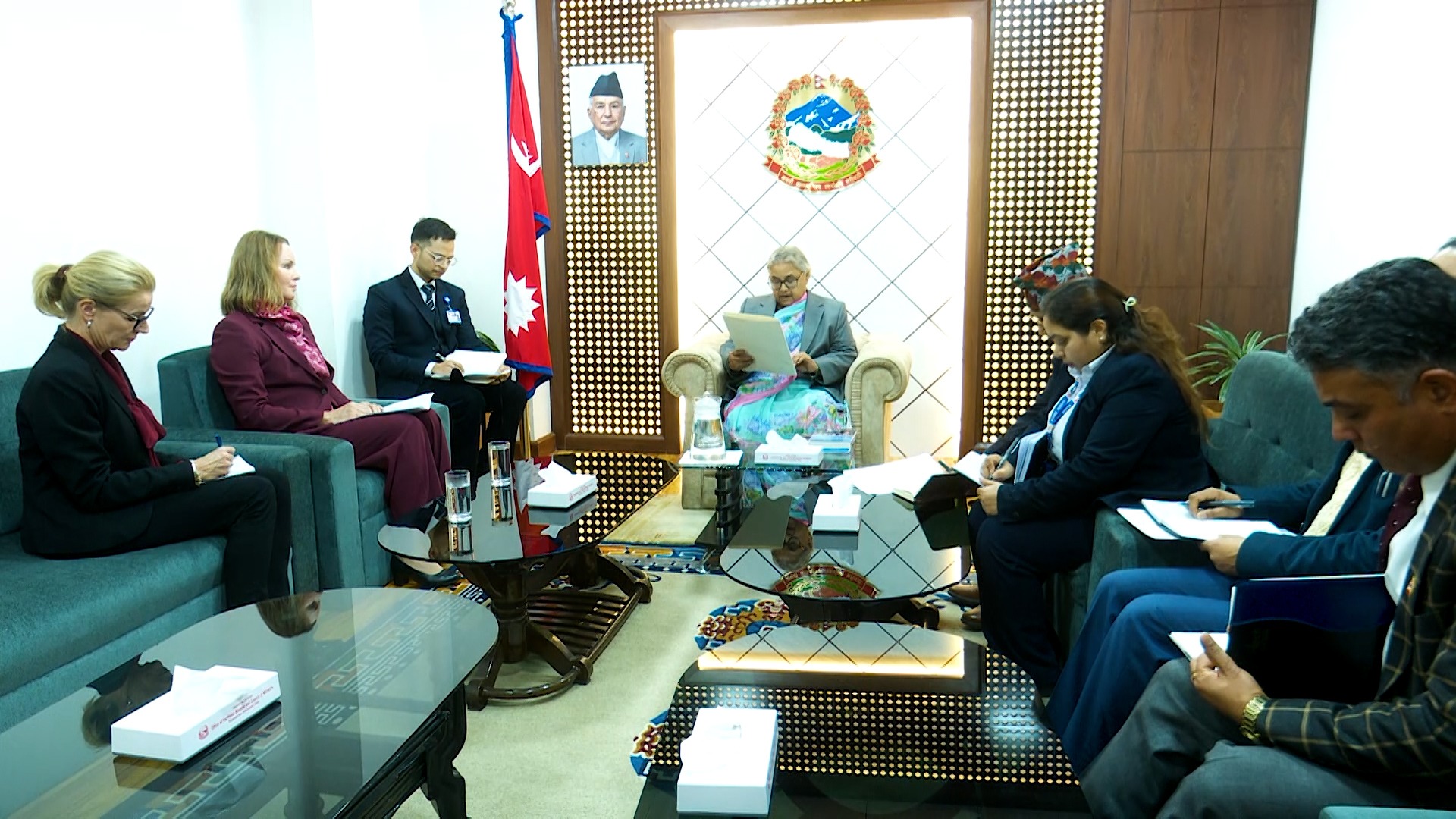The Destructive Impact of Social Media Overuse: A Deep Dive into the Erosion of Trust, Honesty, Ethics, and Personal Relationships

The advent of social media has not only revolutionized our personal and social landscapes but has also deeply impacted our individual lives, particularly in the realms of trust, honesty, and ethics. One of the most alarming issues is the erosion of trust. Social media platforms often incentivize us to present idealized versions of ourselves, leading to misrepresentation and a distortion of reality. The relentless pursuit of validation through likes, comments, and shares can drive us to post exaggerated or outright false content. This creates an environment where it’s hard to distinguish truth from fiction, eroding trust among us. As we grow more suspicious of online content, our trust in others, both online and offline, can crumble.
In the age of social media, honesty has become a casualty. The anonymity and distance provided by digital interactions can embolden individuals to say things they might never express in face-to-face conversations, leading to a surge in dishonesty. This can manifest in various forms, such as spreading rumors, cyberbullying, and other harmful behaviors. Additionally, the curated nature of social media profiles means that users are often selective about what they share, omitting unflattering or mundane aspects of their lives. This selective honesty contributes to a skewed perception of reality, where everyone else appears to be living a perfect life, further fueling dishonesty as users try to keep up with these perceived norms. The lack of accountability and immediate feedback in online interactions can exacerbate these issues, making honesty a less common virtue in digital spaces. However, by advocating for honesty and integrity in our digital interactions, we can strive to create a more trustworthy and authentic online environment.
The pervasive use of social media has far-reaching implications for ethical considerations. The algorithms that underpin these platforms wield significant power, designed to maximize engagement often at the expense of ethical behavior. This can lead to the amplification of sensationalist and polarizing content, which not only misleads users but also fosters divisiveness and hostility. Moreover, the data collection practices of social media companies raise significant ethical concerns. Users’ personal information is often harvested without their explicit consent and used for targeted advertising, a practice that can feel invasive and manipulative. The ethical implications of such practices extend to issues of privacy, autonomy, and the potential for misuse of data, posing a serious threat to our digital society. It is crucial, now more than ever, to understand and address these issues to ensure a more ethical and responsible use of social media.
The decline in personal social relationships is another significant consequence of excessive social media engagement. While these platforms promise to connect us, they often lead to superficial interactions that lack the depth and intimacy of real-life relationships. The constant barrage of notifications and the temptation to check social media feeds can detract from face-to-face interactions, reducing the quality of time spent with family and friends. Over time, this can weaken bonds and create feelings of isolation and loneliness despite the illusion of being constantly connected. However, by prioritizing meaningful connections over virtual interactions, individuals can rekindle the value of real relationships and foster a sense of belonging and fulfillment.
While social media offers numerous benefits regarding connectivity and information sharing, it also poses severe challenges to trustworthiness, honesty, ethical behavior, and personal relationships. As we navigate this digital age, we must be aware of these pitfalls and strive for a more balanced and conscientious use of social media to preserve the integrity of our social interactions and personal values.
Maximizing the Benefits of Social Media: Strategies for Healthy and Positive Engagement
To maximize social media while mitigating its potential downsides, it is essential to approach these platforms with intentionality and mindfulness. The best way to utilize social media involves setting clear boundaries, fostering meaningful connections, and using these platforms for personal growth and positive engagement. By adhering to these principles, individuals cannot only maximize the benefits of social media but also discover new avenues for personal growth and empowerment while minimizing its adverse impacts on mental health and personal relationships.
Setting clear boundaries is crucial for healthy social media use. This can be achieved by designating specific times for social media activity and avoiding constant checking throughout the day. App timers and digital well-being features can help manage screen time effectively. By limiting social media use to specific periods, individuals can prevent it from encroaching on other essential activities and relationships, empowering them to take control of their social media usage. Additionally, being selective about the content consumed and the people followed can create a more positive and enriching social media experience. Following accounts that inspire, educate, and uplift rather than those that provoke anxiety or comparison can contribute to a healthier mental state.
Fostering meaningful connections is another crucial aspect of beneficial social media use. Instead of focusing on the quantity of connections or followers, prioritizing the quality of interactions can lead to more fulfilling social experiences. Engaging in thoughtful conversations, sharing personal insights, and supporting others can strengthen relationships and create community. It is also important to remember that online interactions should complement, not replace, real-life relationships. Trying to transition online connections into offline friendships through meetups and social gatherings can help maintain a balance between digital and physical social interactions.
Using social media as a tool for personal growth and positive engagement involves leveraging its potential for learning, creativity, and advocacy. Social media platforms offer a wealth of information and resources on various topics. Following educational pages, joining interest-based groups, and participating in webinars and live discussions can enhance knowledge and skills. Additionally, social media can serve as a platform for creative expression, allowing individuals to share their talents and projects with a broader audience. Advocacy and activism are also powerful uses of social media, enabling individuals to raise awareness about important issues, mobilize support, and drive social change.
The best way to utilize social media involves setting clear boundaries, fostering meaningful connections, and using these platforms for personal growth and positive engagement. By approaching social media with intentionality and mindfulness, individuals can enjoy its benefits while protecting their mental health and maintaining strong personal relationships. Emphasizing quality over quantity in social interactions, balancing online and offline connections, and leveraging social media for learning and advocacy can lead to a more enriching and positive social media experience.
Guiding the Future: The Role of Parents, Teachers, and Society in Shaping Responsible Social Media Use
The role of parents, teachers, and society is pivotal in shaping a responsible and mindful future generation amid social media’s pervasive influence. As digital natives, children and adolescents are growing up in an environment where social media is a significant part of daily life. Therefore, guidance from adults is crucial in helping them navigate this landscape healthily and productively.
Parents are foundational in modeling appropriate social media behavior and setting boundaries. By establishing rules around screen time and the types of content their children can access, parents can help mitigate the potential negative impacts of social media. Parents need to engage in open conversations about the realities of social media, including the differences between online portrayals and real life. Encouraging critical thinking and skepticism can empower children to question what they see online and make informed decisions. Additionally, parents should lead by example, demonstrating balanced social media use and prioritizing offline family activities to reinforce the importance of real-world interactions.
Teachers also have a significant influence on how young people use social media. Integrating digital literacy into the curriculum is a proactive way to educate students about the benefits and risks associated with social media. Teaching students how to evaluate sources, recognize fake news, and understand privacy settings can equip them with the skills to use social media responsibly. Furthermore, fostering a classroom environment that values respectful communication and empathy can help students apply these principles in online interactions. Teachers can also use social media to show students how it can be leveraged for research, collaboration, and creative projects.
Society, including policymakers and community leaders, must create an environment that supports responsible social media use. This includes implementing regulations that protect users’ privacy and data, promoting digital literacy programs, and encouraging ethical practices among social media companies. Communities can also offer resources such as workshops and support groups for parents and youth to discuss the challenges and opportunities presented by social media. By fostering a culture of accountability and support, society can help mitigate the degrading effects of social media.
The degradation of society due to social media is evident in the rising levels of misinformation, cyberbullying, and superficiality in online interactions. The constant exposure to idealized lifestyles can lead to feelings of inadequacy and anxiety among users, particularly young people. Furthermore, the addictive nature of social media can detract from real-life experiences and relationships, leading to social isolation and a decline in essential social skills. To counter these trends, promoting media literacy and critical thinking is crucial, encouraging users to engage with content thoughtfully and skeptically.
Creating a responsible present and future generation requires a collective effort from parents, teachers, and society. Emphasizing the importance of authenticity, empathy, and ethical behavior online can help young people develop a healthy relationship with social media. Encouraging offline activities and face-to-face interactions can strengthen personal relationships and social skills. Additionally, providing education and resources to navigate the digital world responsibly can empower the next generation to use social media as a tool for positive impact rather than a source of harm.
Parents, teachers, and society are crucial in guiding the future generation towards responsible social media use. By setting boundaries, fostering digital literacy, and promoting ethical behavior, we can counteract the negative impacts of social media and build a more mindful and connected society. Through collective effort and intentional guidance, it is possible to create a future where social media serves as a force for good, enhancing rather than degrading our social fabric.
In my opinion, excessive social media use distorts reality, promoting idealized lives and dishonesty, undermining trust, and prioritizing sensationalism over truth. This erosion of ethical standards contributes to societal polarization and weakens personal relationships, reducing the quality of face-to-face interactions and essential social skills. Setting boundaries, limiting screen time, and following inspiring educational accounts are crucial to maximizing social media’s benefits. Encouraging meaningful interactions and transitioning online connections to offline relationships fosters deeper connections. Parents, teachers, and society must collaborate to guide responsible social media use in the younger generation. This includes modeling balanced behavior, incorporating digital literacy into education, and supporting these efforts through regulations and community resources to ensure social media enhances rather than harms the social fabric.
Facebook Comment
latest Video
Trending News
- This Week
- This Month














